Once Unwritten Stories
We live in a world and a time inundated with information, an information overload, an abundance of data bytes, clips, samples and tags. An almost unfathomable deluge of coded, algorithmic presentations of script. The world shrinks and the reach of our seeing spreads wide—expansive but thin. Top five things to see only in your state, secret wonders to experience and the top rated gadgets to get you there…the lists are right at our fingertips, and the hottest commodity traded in the economy of today is your attention, a consumer audience. The stories of our lives are being told in tags and highlights that are traded to an audience who’s expansiveness would have once been unthinkable, but there are still those stories that are yet unwritten, stories with full human depth and intricacy.
I grew up here in Troy. This is what I tell people, although I didn’t move here with my family until the summer before my freshman year of high school, and if you’ve ever been around a freshman in high school you will know how grown-up I thought I was at the time. I know, now, how much growing up happened here, in this valley, on these back roads, in that river, up that ridge, and under your roofs. What I came here with was a watchful eye, aware of the stories unfolding around me. Aware of the lives unfolding around me, but life not so linear, not such a thin line. What I have always felt around me in people’s stories is not a snap-shot on a linear trajectory, but something with more volume, more a breadth of lived experience full of heart and humor, hope and humility. Like those pin-holes we made to watch the solar eclipse, there exists a body of humanity in a moment.
I was drawn to poetry as a container for things that are larger than they are. It’s that fascination with the momentary pin-hole revealing the presence of elements unseen—broken tips of grass, deer tracks in the sand.
One thing I know about people, here in small town Montana and anywhere, is that we talk. Wherever we come together, there is talk: the line at the grocery, rolled down windows up some back road, in the hall, at church, in the bar, or, most often, standing in the kitchen. It’s what we do. Language is a core part of what we have always been, since people have been people. Some of those first words must have been words of survival, something that made the difference between passing on a genetic code and letting it slip into the forgotten. Those first words could have been a warning of danger, or a direction for food.
One of the oral traditions I learned growing up was the hunting story. That storytelling is an expected capacity for anyone who ventures into the woods looking for wild game, as much as navigation or building a fire. There is a certain privilege in both telling and hearing a hunting story, because the information shared is of primal importance. We code them with place names like “No Tellum Creek,” or “Sweet-water Rim” and only those who know, know.
I imagine those first stories were the same way, privileged sharing with a group whose survival mattered to the storyteller. Over time, hundreds of thousands of years perhaps, those stories organized and developed into a shared identity and the oral storytelling tradition became a defining element of the cultural advance of humanity. Those spoken stories solidified the unity of their group. Eventually, the stories were physically recorded, through symbolic representation and written language. Now, this wasn’t as simple as talk-to-text, and I can’t help but think some of the less repeated stories slipped away. Maybe a story of a summer walk down by the water, hand holding, even a clandestine kiss by the big shade tree. There were those stories outside the realm of the epic Kings, stories of fathers and mothers, sons and daughters. If the stories etched in stone were of the heads of the great empires, the ones told along the road or in the kitchen were of the breathing body, the sizzling nerve and beating heart, of the people.
My kids look to their phones for the latest trends, watching maniacally for the entertainment that becomes an identity. Storytelling has changed. The flashes and fragments they flick toward me, “omg you have to see this,” make no sense. As quickly as the wrist opens to point the screen my direction, it curls away. I look for the story, the human connection, but it is lost to me. They laugh and cock their heads talking about how I went to school back in the nineteen hundreds. I cannot say they have it so easy, kids these days. I see them adrift in a churning world that got so big so fast, a world without a filter, chaotic. I do not want them to miss out on the stories that take time. The ones that come out only when you sit around a fire for a long time.
People of Troy, I want to hear your stories, the ones that simmer in the back of your mind, ones about what life was like, stories that, together, can bring into focus a community and a landscape on the cusp of a millennia, because their survival matters to me. I want to write them down before they slip away into the forgotten.
